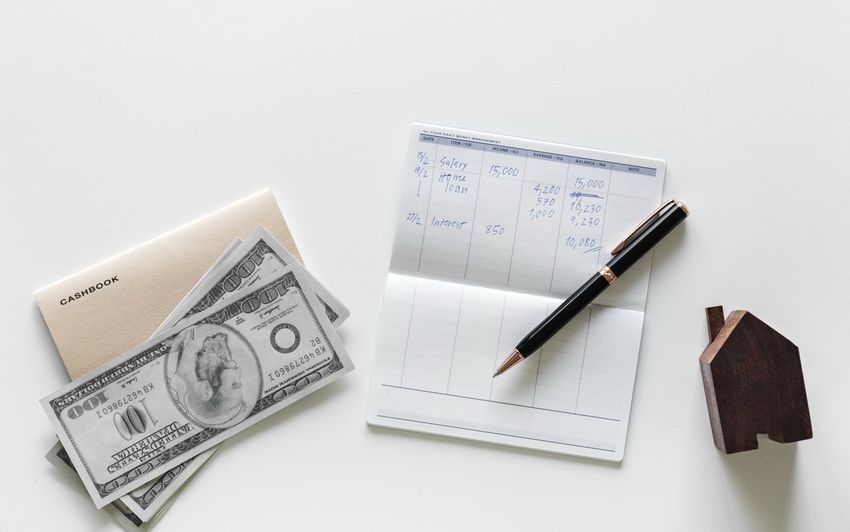Taking time to manage your finances can be time-consuming, however, in the end, it will really pay off. It can help you with paying your bills, and you can save a lot of money each year. You can use the money you saved to pay off debts that you might have, you can put it towards your retirement plan, or you can spend the money on a holiday or a new car. In this article, you will be able to read about five tips on how to get your personal finances in order. Let’s take a look at the tips:
Page Contents [show]
1. Create a Budget and Stick to it

source:unitedway.org
Tracking your money is not always easy, however, it is one of the simplest ways to find out where your cash is going. If you determine what spending habits you have, you will be able to align your habits with your personal and financial goals. This will make it easier for you to establish a budget and to bridge the gap. For instance, if you figure out that you are spending too much money on your social habits, you can change it up a bit, and instead of going to a fancy restaurant three times a week, you can go once. You should start by writing down your income and expenses, and then take a better look at your spending category.
2. Save More Money
Resolutions to save money is one thing, following through on them is completely another one. However, it might be easier to deal with your saving goals than you think. The first thing you should do is to narrow your focus and to set a goal for the amount of money you want to save every month, or the amount that you want to keep at your savings account.
3. Automate your Finances

source:idoit.app
According to the experts from FinancialTaskForce, you can automate your savings by scheduling monthly transfers to a savings account making it a reliable way to stick to your savings plan. You can try to deposit some money from your paycheck straight into your savings account.
4. Pay off Debt
Once you have saved some money, you should commit to paying your debt. Start with the first three steps above which are budgeting, saving, and automating. Learn where your money is going, find ways to save more money, and then you should start paying off your debt. Keep in mind that you might want to keep some money in your savings account as an emergency fund, hence, you will be able to cover some unexpected costs without the need for borrowing money.
5. Save for long-term goals

source:unitedway.org
Once you have finished paying off your debts, you can start saving for your long-term goals. Some of these goals might include your child’s education, buying a new house or car, or starting your retirement fund. Even if you choose to set aside a little bit of money every month, the sooner you start saving, the longer your money can grow with compound interest.
Conclusion
By following the five tips in the article, you will be able to save money and invest it into something that you want or need. You will also make the whole process of saving easier and less stressful. Hence, do not waste any more time and start determining your budget.





